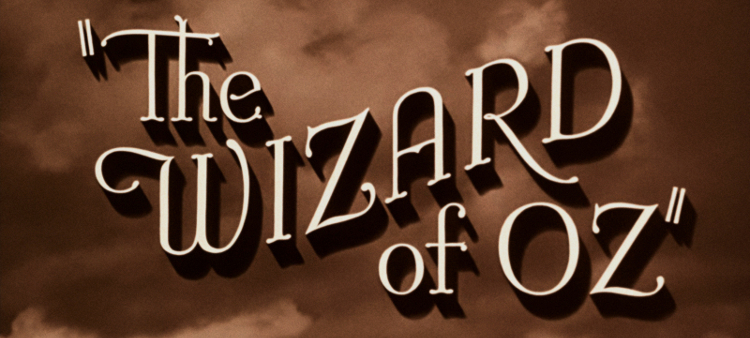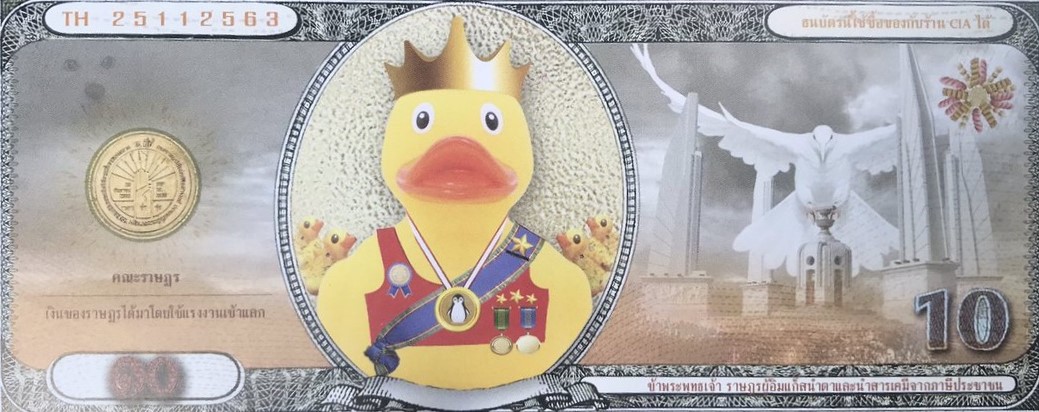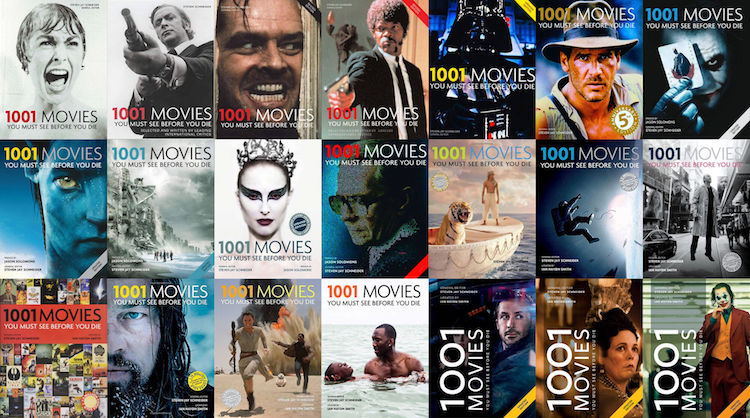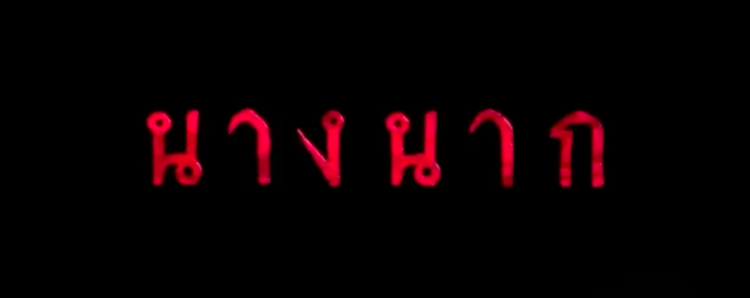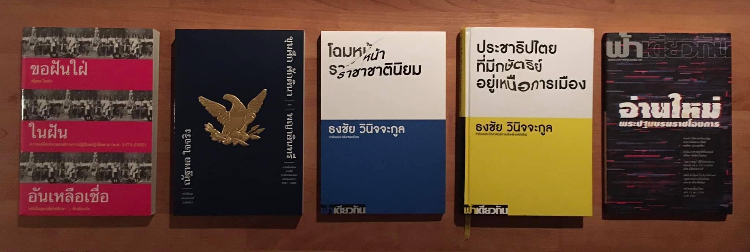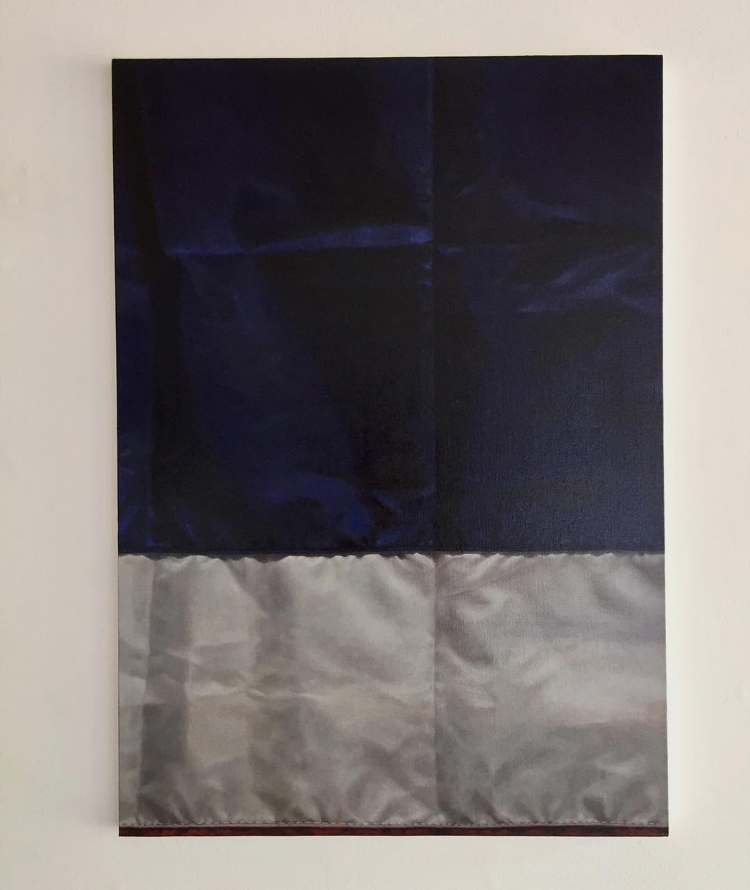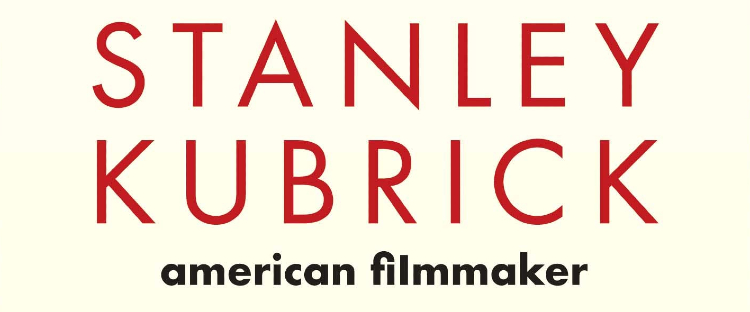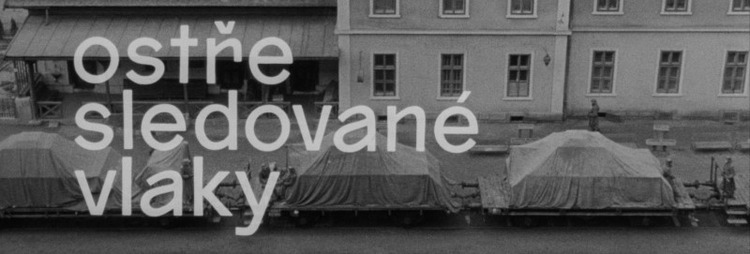Like most studies of medieval documents (such as surveys of illuminated manuscripts), the book’s focus is on European production, though the introduction has brief coverage of Chinese, Japanese, Korean, Ethiopian, and Middle Eastern scrolls. However, the ‘Qingming Scroll’ (清明上河圖), perhaps China’s most famous painted scroll, is not discussed, and there are no illustrations of Middle Eastern or Japanese scrolls. (For a more detailed history of Japanese scrolls, see Dietrich Seckel’s book Emakimono.)
Scrolls are typically regarded as an ancient medium, superseded by the bound book, though Kelly argues that digital scrolling (browsing social media newsfeeds, for example) represents the return of the scroll: “We are now in the new age of the scroll. All you have to do is look at your computer screen, tablet, or e-reader, and just scroll down.” In addition to legal, devotional, and ceremonial scrolls, he also discusses the use of scrolls in literature and performance, though at under 200 pages this is not a comprehensive account.
An expanded history, with more coverage of Asian and Middle Eastern scrolls, will hopefully follow this introductory book. It could conceivably feature fold-out reproductions of famous scrolls, and should include a bibliography. (Kelly’s bibliography is currently available only online.) It could also discuss modern artistic uses of scrolls, such as moving panoramas, Jack Kerouac’s On the Road manuscript, and Carolee Schneemann’s Interior Scroll performance.

